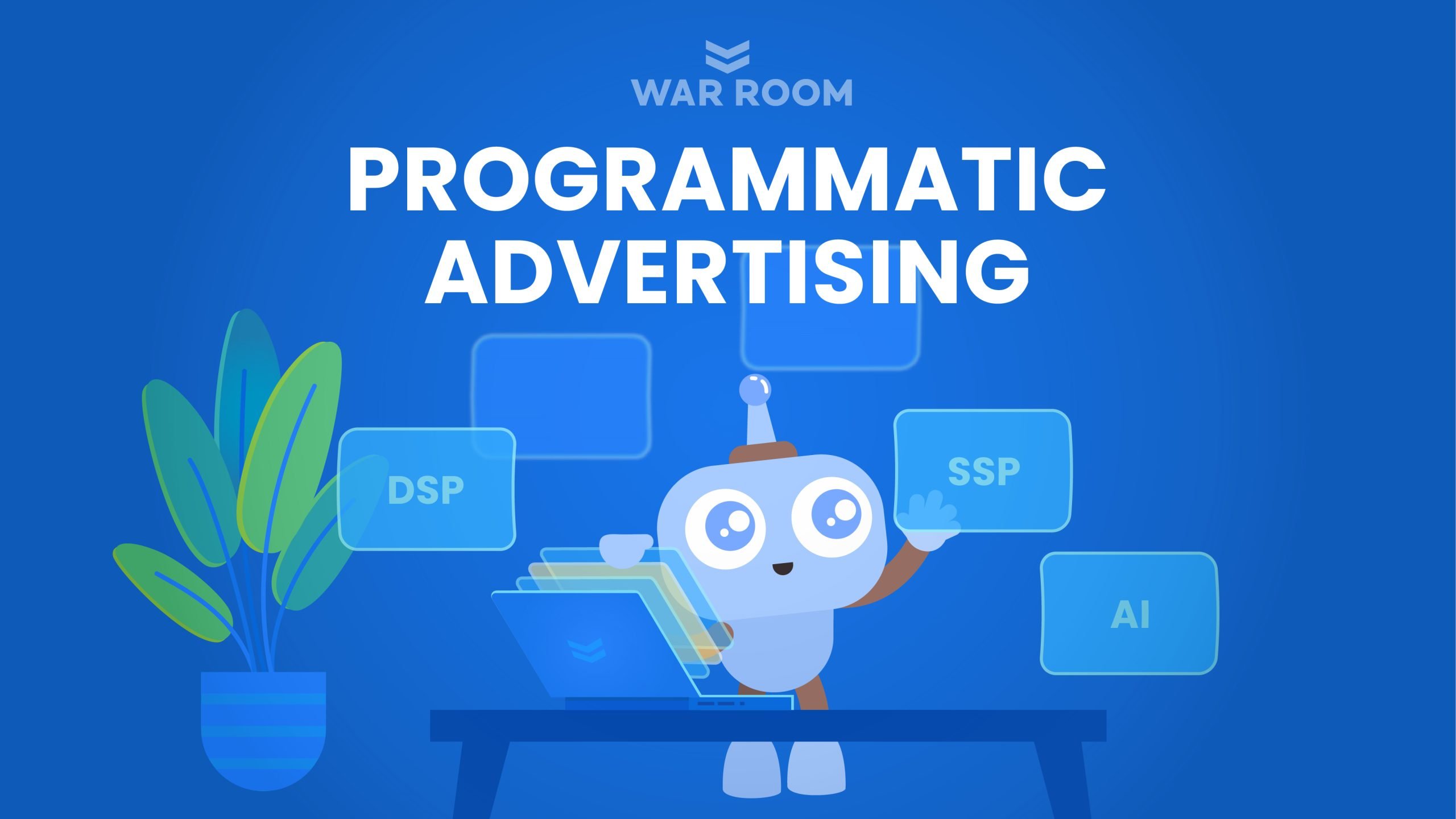Effective keyword research is the key to unlocking higher search engine results, attracting more traffic, and creating more optimized digital content in general.
AI is revolutionizing digital marketing, and it’s long been incorporated into keyword research to improve accuracy and save time. A strong keyword research strategy paired with the right AI keyword research tool can help your digital marketing agency reach new heights of traction and success.
However, working with AI to enhance keyword research practices can be challenging, especially considering how many other apps and software programs digital marketers need to work with to meet consumer demands. So, let’s take a look at tips, tools, and best practices to help you maximize your campaign results using AI.
How AI Has Shaped And Evolved Keyword Research
AI has become a near-indispensable tool for contemporary digital marketing companies (and many others) across the globe. Reports show that 73% of marketing executives have already adopted AI, and this figure looks set to continue to grow.
With its ability to automatically perform calculations, make data-based predictions, and comb through huge volumes of data in mere seconds, AI enables us to think ahead, act faster, and perform with a much higher level of accuracy than we are capable of alone. All within a much shorter time frame.
And when it comes to keyword research, AI doesn’t disappoint. AI keyword researchers can sort through swaths of consumer history to pinpoint the exact phrases, words, and questions that people in your target demographic are searching for, allowing you to take your SEO game to the next level.
From calculated predictions to comprehensive analysis, AI and keyword research go together like Barbie and Ken.
Let’s take a look at how AI has shaped, evolved, and elevated keyword research for SEO:
- Advanced keyword suggestions: Rather than just offering run-of-the-mill keyword suggestions, AI offers advanced insights into what consumers in your target demographic want most.
- Predictive insights: AI can not only provide suggestions based on what consumers search for in the past and present, but it also uses that data to make informed predictions about what they might search for in the future, keeping you one step ahead of your competitors.
- Content optimization: The right AI tools can also offer suggestions for how to optimize your digital content beyond just using strong keywords, elevating your SEO game.
- Scalable data analysis: While humans are only able to work through small volumes of data at a time, AI performs this important task at scale, making your keyword research more broad and comprehensive.
- Competitive analysis: It’s important to know what your competitors are up to, and AI takes on this role with gusto by analyzing competitor keywords and identifying gaps in the market.
Humans are capable of performing these processes on their own. But AI does it faster and more accurately than we’re realistically able to. This means that any digital marketing team using AI for keyword research is able to deliver much higher volumes of quality content to hungry consumers.
Best AI Tools For Performing Programmatic Keyword Research
Optimizing your keyword research with AI starts with choosing the right tool. There are dozens of reputable keyword research AI tools available for subscription and download online, but that can make the process of selecting the right one somewhat challenging.
There are lots of factors to consider when choosing an AI tool for your digital agency’s keyword research. Some of them include budget, user-friendliness, scalability, and the level of experience your team has with AI tools.
Let’s take a look at some of the best keyword research AI tools on the market in 2023.
- SEMrush: SEMrush is one of the most popular and widespread keyword research tools on the market. Keyword overview, magic tool, keyword manager, and position tracking are just some of what SEMrush offers.
It also boasts a range of other SEO tools for a full suite that sets you up for smart, straightforward AI-informed keyword research. Costs range between $100 to $450 per month.
- Ahrefs: This in-depth AI tool offers a Keyword Explorer that works alongside ten different search engines around the world, extending your global reach. It costs anywhere between $83 to $1,000 per month.
- Google Search Console: The world’s most popular search engine has a keyword planner to boot. This makes it extremely useful for agencies whose audience is based on Google. With data directly from Google itself and free with a Google Ads account, this is one of the best.
- Moz Keyword Explorer: Moz is one of the most popular AI keyword researchers in the game. With easy long-tail keyword analysis and comprehensive analysis tools, this AI tool is a bargain at $79 to $500 per month.
An industry example: Split My Fare, a train service website, used long-tail keyword analysis to rank for competitive terms like split ticketing tool and outranked the competition. Use Moz to find similar keywords for your website for start ranking!
Tips & Best Practices For Optimizing Keyword Research With AI
Installing a new keyword research AI tool is one thing, but using it to its full potential is another. In order to make the most of your AI tool, it is useful to go over some professional industry tips for optimized keyword research and management.
1. Understand your goals and target audience
Even though AI tools like these are designed to perform keyword research on their own, you can elevate their accuracy by gaining a deeper understanding of both your target audience and your agency goals.
For instance, what are you trying to achieve by using an AI tool? More website traffic? More targeted content? To compete at a higher level with industry competitors? Furthermore, what kind of audience are you dealing with here, and how can understanding them better inform your keyword strategies?
2. Choose a reliable tool for researching
The right tool for your digital marketing agency depends on its size, budget, and productivity goals. Don’t make the mistake of just implementing the first one you find. Perform research on which one(s) might work best with your team’s style, level of skill, and opportunities for improvement.
If you’re unsure which tool is the right fit upfront, a good option to start with is Google Search Console, as it’s free and may well tick all the right boxes.
3. Brainstorm and generate fresh keyword ideas
While AI might be great at combing through data that has already been generated, coming up with fresh, new ideas is not quite its forte.
It can still be used to make predictions about what consumers will want in the coming months and years. But at the end of the day, they are still mere predictions and can be enhanced with good old-fashioned human brainstorming. As consumers yourselves, consider what kind of keywords might be best to use.
4. Track your keyword metrics
Of course, no digital marketing strategy is complete without a comprehensive progress measurement system. You won’t be able to track the growth or improvement that your AI tool creates without using a proper data analytics system, so make sure you have one before you get started.
5. Adapt and evolve your strategy over time
It can take years to find a marketing groove in this crazy, fast-paced industry. Be patient while experimenting with new tools and strategies for your keyword research and SEO metrics. Use the information you find through data analysis to make adaptations and improvements along the way.
Get The AI Advantage
Without AI, your keyword research strategy may struggle to keep up with consumer demands and competitor trends on the internet. Leveraging AI as a tool is the best way to enhance your digital marketing strategy and ensure your business sees consistent growth and success over time.
By selecting the right AI tool for your team, you can reap the benefits of advanced keyword suggestions, predictive insights, competitor analysis, and more.





